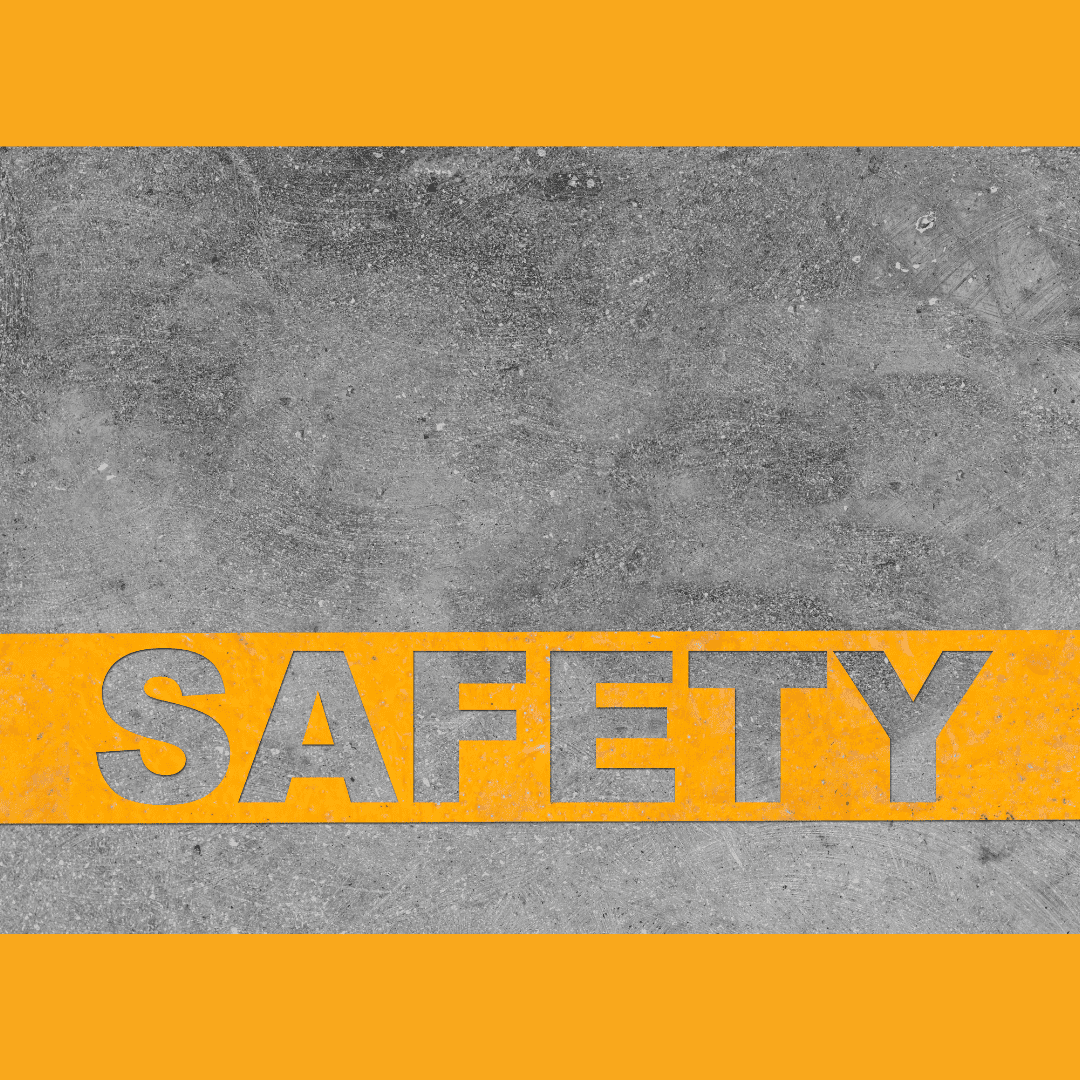A safe and respectful workplace is not just an ethical imperative but a business one. Linking respect with productivity and safety can lead to better business outcomes across the board.
Safety Improvements: Respectful work environments contribute to fewer workplace accidents. Employees in positive work environments are more likely to adhere to safety protocols and support one another in maintaining safety standards.
Enhanced Morale and Engagement: The respect that employees experience in their workplace directly influences their job satisfaction and engagement levels. Higher engagement is associated with increased productivity, with engaged teams showing 21% greater profitability.
Examples of Successful Practices: One notable example is Alcoa, an American industrial giant. When Paul O’Neill took over as CEO in 1987, he focused on worker safety, a key aspect of fostering a respectful workplace. His approach led to a dramatic improvement in safety, which was directly tied to an increase in productivity and overall efficiency. By the time O’Neill left in 1999, Alcoa’s market value had increased by $27 billion, and the company’s lost workdays due to injury were reduced by 90%. This transformation shows how prioritizing respectful and safe workplace practices can yield substantial benefits, including a safer work environment and improved operational performance.
The correlation between a respectful workplace, enhanced safety, and improved productivity is undeniable. By prioritizing these aspects, companies can not only enhance their operational efficiency but also foster a more committed and satisfied workforce. Consider how these principles can be integrated into your company’s culture to achieve similar results.



